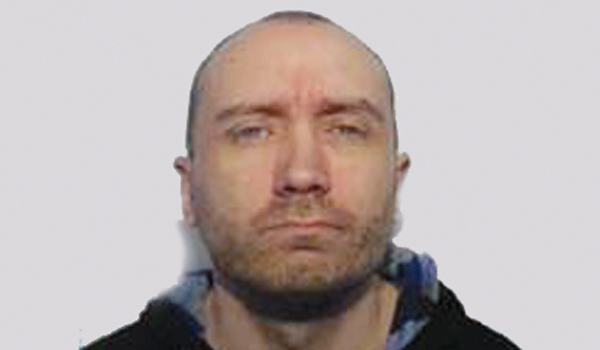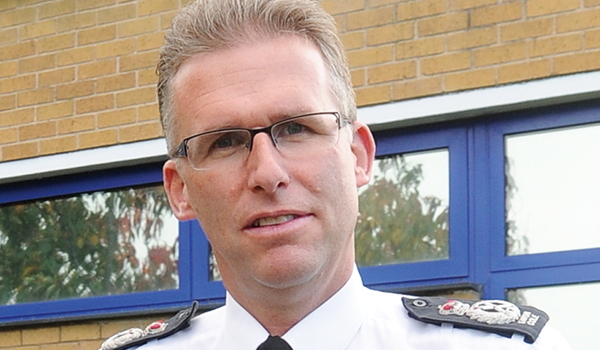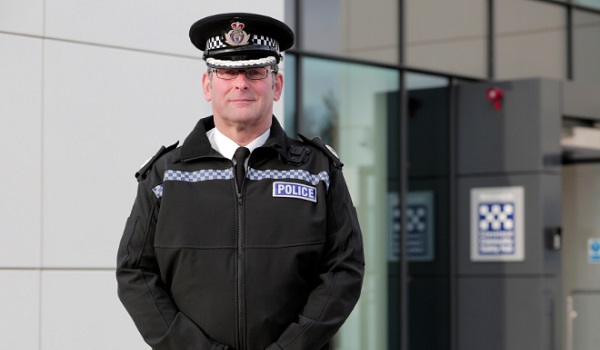Failure to reduce road deaths linked to police cuts
The failure to reduce road deaths over the past decade has been linked to a cut in the number of dedicated traffic police officers.
There has been a 15 per cent fall in how many officers are tasked with enforcing road laws full-time since 2016, according to figures obtained by BBC Panorama.
The programme also found that nearly 50 per cent of fixed speed cameras do not work.
Meanwhile, the number of people killed on Britain’s roads each year was stable between 2010 and 2019, following three decades of decline.
Fatalities fell from 1,752 in 2019 to an estimated 1,460 in 2020, but that was attributed to coronavirus lockdowns.
AA president, Edmund King, described these deaths as “a scandal” and “totally unnecessary”.
He said: “We have safer vehicles. We should have safer roads and safer drivers.”
Mr King warned that some drivers will “take more chances” if they think they will “get away with motoring offences” because of a lack of enforcement.
He said: “Cops in cars are essential. We have seen a correlation between plateauing road deaths and the decline in the number of dedicated road traffic officers.
“We should reverse this decline as traffic police are needed in this national crisis with five people dying on our roads daily.
Figures from 34 forces who responded to Freedom of Information (FoI) requests by Panorama show the total number of dedicated traffic officers they employed fell from 5,014 in 2016 to 4,257 currently.
Responses from 26 forces to additional FoI requests revealed that 523 of 1,110 fixed speed cameras are inactive.
Some areas, such as North Yorkshire, Durham and Northamptonshire, have none of the cameras working.
Police Federation of England and Wales roads policing lead Gemma Fox said the accusation in the BBC Panorama programme that so-called ‘weaker’ policing is responsible for roads being perceived as riskier “is an insult to the professionalism of my colleagues”.
She added: “The reality is the number of specialist officers has rapidly declined in recent years alongside a marked reduction in resources.
“Her Majesty’s Inspectorate of Constabulary and Fire and Rescue Services’ 2020 inspection of roads policing in England and Wales detailed there was a 34 per cent real terms reduction in expenditure worth approximately £120 million between 2013 and 2019. It would therefore be wholly irresponsible to lay any blame on the shoulders of colleagues.
“Every single roads policing officer I know personally wants to complete more pro-active activities. While reacting to accidents and enforcement are essential aspects of the job, this lack of resources has meant the public information side of the role has not been prioritised and this has been really damaging.
“Admittedly, many forces have made major improvements in staffing and resources since the 2020 report findings. Although this will have a positive impact on the future of roads policing, we also must see further investment as there is so much more which can be done to improve safety for colleagues and members of the public.”
Forces began to switch off speed cameras ten years ago to save operating costs.







